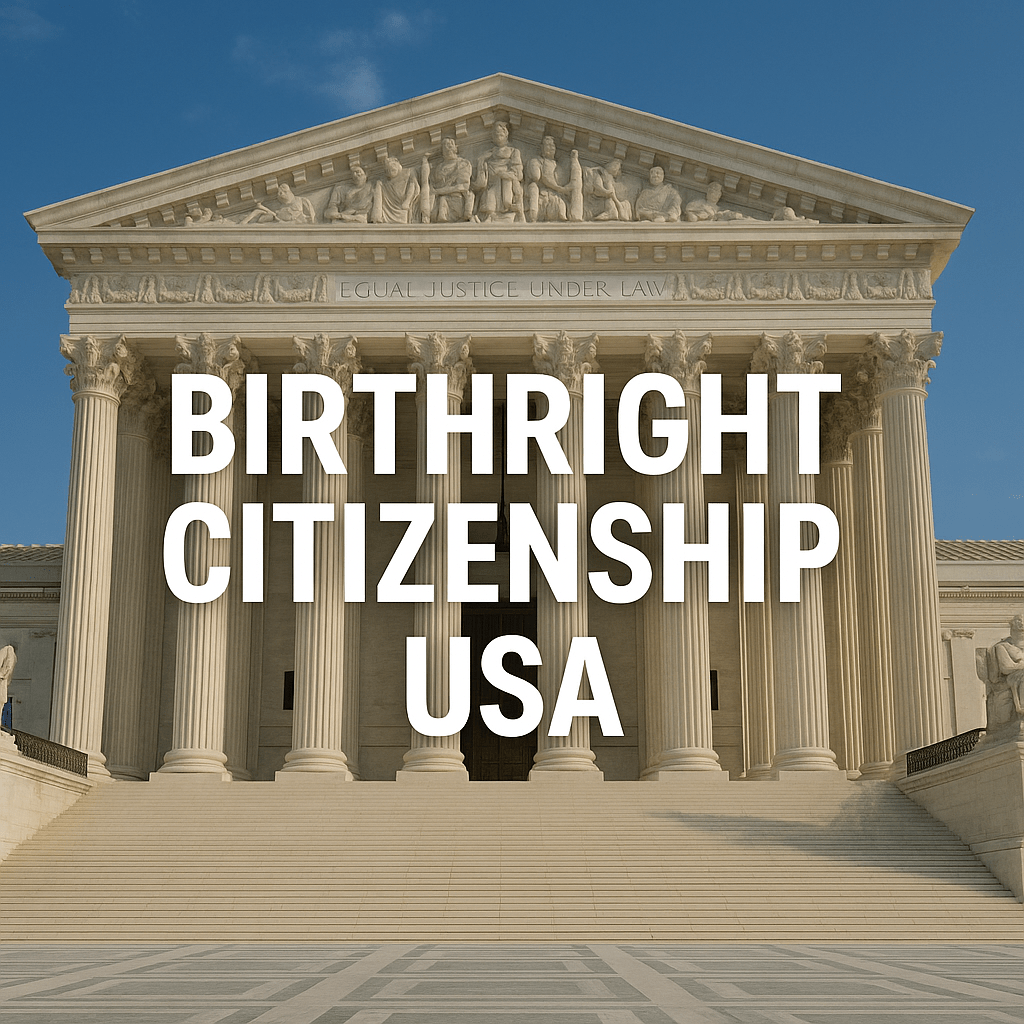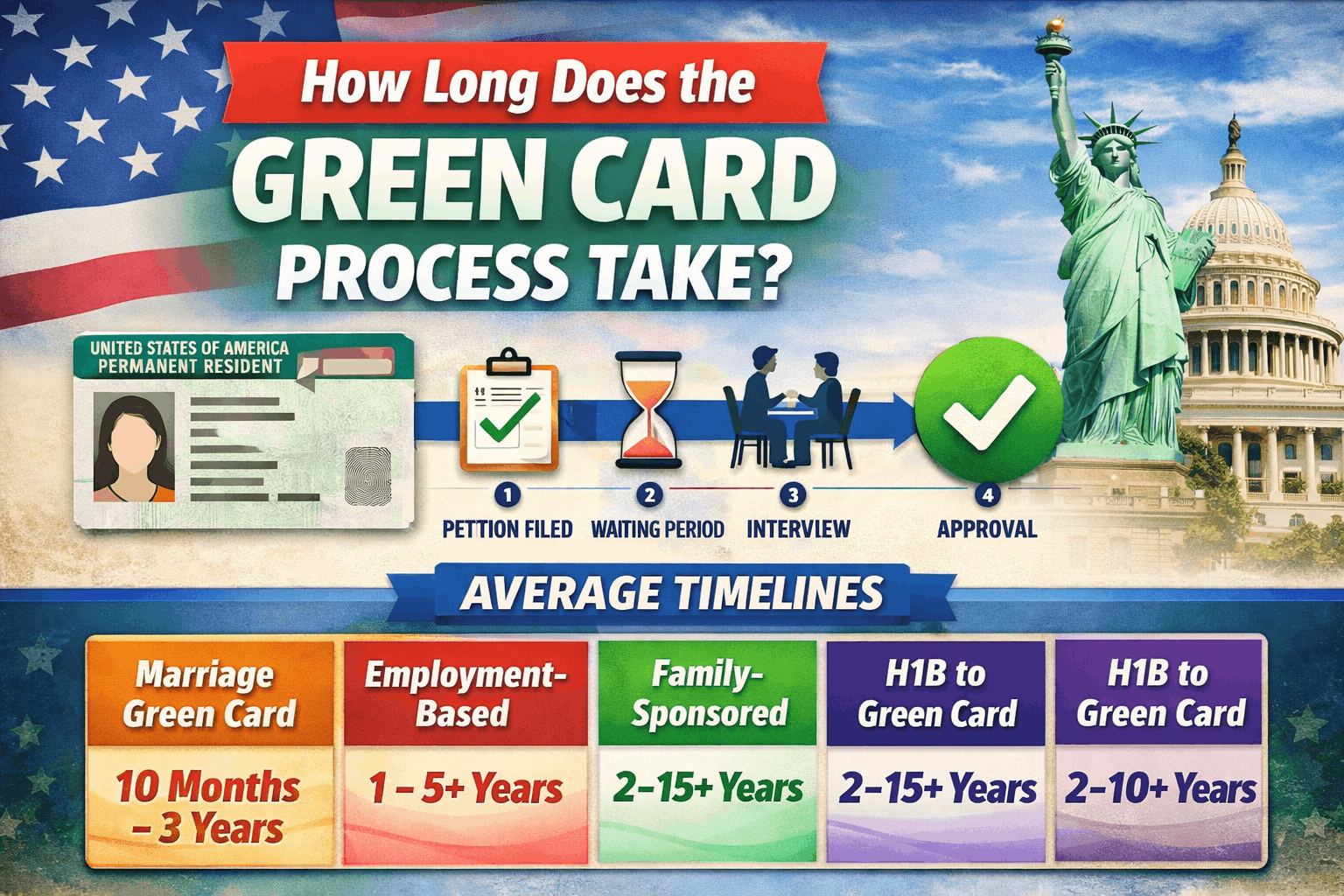|
Getting your Trinity Audio player ready... |
In a significant legal turning point, a U.S. federal appeals court has officially blocked former President Donald Trump’s executive order aimed at ending birthright citizenship in the USA. The ruling is being hailed as a major victory for constitutional rights and sets a powerful precedent for future immigration-related legal battles.
The decision, issued by a three-judge panel of the 9th U.S. Circuit Court of Appeals, found that Trump’s controversial directive violated the 14th Amendment citizenship guarantee, which grants automatic citizenship to anyone born on U.S. soil, regardless of their parents’ immigration status.
Trump Birthright Citizenship Order Ruled Unconstitutional

Trump’s executive order, issued during his presidency, sought to deny citizenship to children born in the United States if their parents were undocumented immigrants or held temporary visas. This Trump birthright citizenship order faced immediate legal challenges and was temporarily blocked by lower courts. However, this new ruling permanently halts its enforcement and affirms the core principle of US citizenship law enshrined in the Constitution.
According to the court’s opinion, “No president has the authority to unilaterally rewrite the Constitution or reinterpret its amendments to fit a political agenda.” The majority concluded that the executive order not only exceeded presidential power but also undermined the very foundation of the 14th Amendment citizenship clause.
What the 14th Amendment Says
The 14th Amendment to the U.S. Constitution, ratified in 1868, clearly states: “All persons born or naturalized in the United States, and subject to the jurisdiction thereof, are citizens of the United States…” This has long been interpreted to mean that birthright citizenship in the USA applies universally to anyone born on American soil, except for children of foreign diplomats.
The Trump administration argued that the clause should not apply to children of undocumented immigrants. But legal scholars overwhelmingly rejected that interpretation, calling it historically inaccurate and constitutionally unsound.
This ruling reaffirms what generations of Americans have accepted: that US citizenship law is rooted in inclusion and equality, not political expediency.
Legal and Public Reactions to the Immigration Court Ruling USA
Immigration advocates and constitutional scholars applauded the immigration court ruling USA, calling it a “resounding win for the rule of law.” Civil rights organizations emphasized the importance of upholding the 14th Amendment, especially in a time of rising political polarization.
Neera Tanden, a constitutional law expert, stated, “This is not just a legal victory; it’s a reaffirmation of who we are as a nation. This decision protects millions of Americans and defends the very meaning of American citizenship.”
On the other side, Trump and his allies criticized the court’s decision, vowing to appeal to the Supreme Court. The former president, who has made immigration reform a key part of his political brand, labeled the ruling as “judicial overreach” and promised to continue pushing for tighter restrictions on citizenship.
Birthright Citizenship News Makes National Headlines
As the birthright citizenship news spreads, political analysts are closely watching how it will influence the upcoming election cycle. With immigration remaining a hot-button issue, this ruling may galvanize both supporters and opponents of Trump’s immigration agenda.
The court’s decision not only affects the legal status of thousands of children born to non-citizen parents but also has far-reaching implications for how future administrations interpret constitutional law.
Moreover, this outcome could influence policy decisions in states that have considered introducing similar restrictions. Legal experts believe this ruling will serve as a powerful deterrent to any such efforts.
Impact on Trump Immigration Policy
The blocked executive order is just one of many controversial moves tied to Trump immigration policy. From the travel ban on Muslim-majority countries to family separations at the border, Trump’s immigration stance has repeatedly tested the limits of executive authority.
The defeat of the Trump birthright citizenship order deals a substantial blow to his legacy in this area. It underscores the limits of unilateral executive actions in reshaping long-established constitutional norms and reinforces the importance of judicial oversight in matters affecting fundamental rights.
Legal analysts point out that the ruling could also affect Trump’s ongoing efforts to appeal to conservative voters who support immigration restrictions. While some view this as a setback for Trump’s political momentum, others believe it may energize his base ahead of the 2024 presidential election.
The Road Ahead
Though Trump’s team is expected to appeal the ruling, constitutional law experts are confident the decision will stand, even if it reaches the Supreme Court. The court’s strong grounding in the 14th Amendment citizenship clause makes it difficult to overturn.
For now, the ruling brings clarity to a contentious and emotional debate. It confirms that birthright citizenship in the USA remains a core part of the nation’s identity and legal framework.
As the legal dust settles, this case will likely be remembered as a defining moment in the fight for immigrant rights and constitutional protections. It sends a powerful message: no executive order can override the U.S. Constitution.






